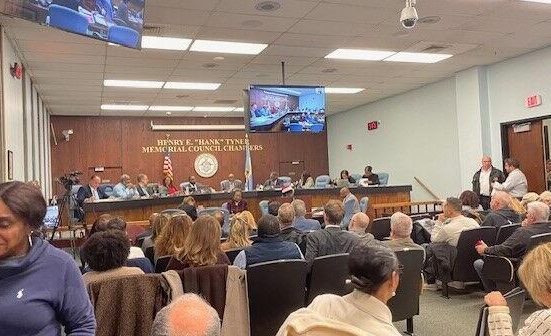Most of us have heard it at one time or another: Never talk about money, politics, or religion. The problem, of course, is that refraining from these topics is a great way to end up surrounded by people with whom you’re out of alignment on these things, and that can quickly cause problems.
One finance expert online said that at least when it comes to money, it’s time to start hitting the topic head-on with the people we spend our time with. Because, especially in these challenging times, it’s all too easy for money to erode a friendship.
Friends must be willing to ask ‘What’s your budget?’ when making plans.
We’ve all been there: Someone in the group starts planning a birthday dinner or a weekend getaway, you get a number in mind, and then when the inevitable group chat or email arrives with the details, it includes a budget that is more befitting royalty than your friend group. Then, eleven hundred rounds of responses ensue in which everyone dances around whether this is too expensive or not, and no matter what decision gets made, SOMEONE is disappointed. Either the people who make less money feel overly stressed, or the people with plenty of money feel like they have to downgrade.
 Lorryn Smit Photography from Studio South Korea | Canva Pro
Lorryn Smit Photography from Studio South Korea | Canva Pro
These days, when so many of us are unemployed, underemployed, or underpaid, these discrepancies can be magnified. But it’s even more insidious. It’s easy for someone’s lack of money to turn into a precedent where they end up being edged out of the group. When someone bows out all the time, it’s easy to just shrug and stop inviting them.
Finance coach Peta-Kay, known as @yourfinancept online, said she sees this stuff happen all the time with her clients, and in her own life too. What she calls the “mismanagement of expectations” and many people’s reluctance to be open about financial issues result in these miscommunications that can disrupt friendships. And she says the remedy is being willing to simply talk about it.
In her video, Peta-Kay used as an example planning a group vacation. Everyone is likely to have different ideas of what this should cost. “Maybe one person has a certain budget, maybe one person doesn’t even have a budget, cause they can afford to just spend whatever,” she said.
But that’s far from everyone’s reality, of course. Many people have a firm limit on what they can spend. “[But] people aren’t really talking about what they can afford, it’s just the trip is being planned,” she said. “And this is why a lot of the time people go on holiday as friends, and come back as enemies.”
All this drama could have been avoided, of course, if someone had just asked, “What’s your budget?” during the planning stages. That hyper-expensive vacation could have been downgraded to something more reasonable that doesn’t stretch anyone’s resources. Or, alternatively, people who couldn’t afford it could simply be honest and bow out.
But people’s unwillingness to be open causes miscommunication and can make people with less money feel pressured to go with the flow, especially if they feel embarrassed over the fact that they have less. Peta-Kay said this sort of stigmatization, even if unintentional, can become a friendship-killer.
 Liza Summer from Pexels | Canva Pro
Liza Summer from Pexels | Canva Pro
Differing income levels are part of life, and friend groups need to normalize them.
“If you have a salary difference in your friendship group, that’s normal, and that’s natural if you work in different industries,” Peta-Kay said. Every field pays differently, has different career trajectories, bonus schemes, and on and on and on. A teacher and a lawyer in a friend group are going to be living very different financial lives.
“That isn’t an issue unless you make it an issue,” Peta-Kay said. “And the breakdown often is the [lack of] communication, of really just being honest and being like, ‘okay, this is my budget for the trip,’ and don’t feel any way about it.”
A true friend, of course, will understand, and when we’re open about these things, it provides an opportunity to compromise and find a version of the event that everyone can afford. Other times, people who can’t afford the thing will simply not attend.
But it’s the unwillingness to be frank and honest about this that causes the issues, not the money itself. And when we aren’t willing to talk about it, that reinforces the stigma that upholds the damaging dynamics.
“If this is your friend, you should feel comfortable enough to just say, ‘This is what I can afford,'” Peta-Kay said. And even better, being the person willing to take the initiative to start this conversation, whether you’re the one who’s on a budget or not, can go a long way in keeping the friend group from drifting apart over something as silly as money.
John Sundholm is a writer, editor, and video personality with 20 years of experience in media and entertainment. He covers culture, mental health, and human interest topics.







